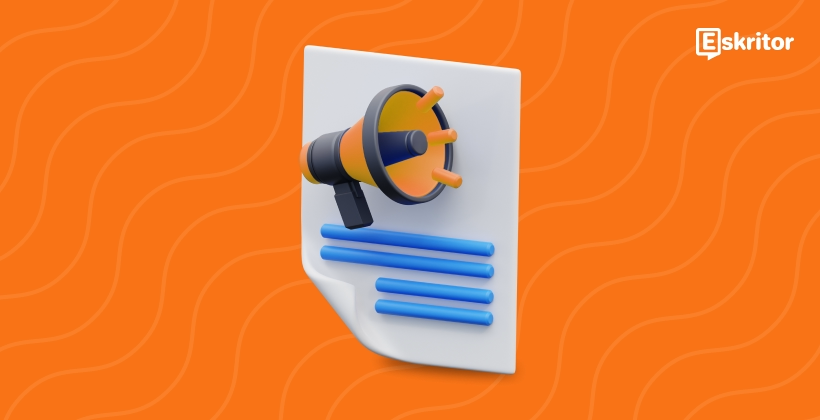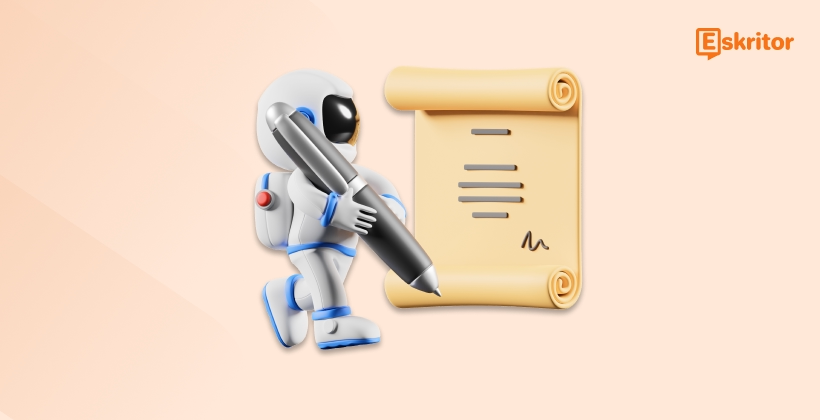AI Writing Tools vs. Human Writers – A Comparative Analysis
AI Writing Tools vs. Human Writers – A Comparative Analysis
Blog Article
AI Editing Features That Improve Your Writing Workflow
As synthetic intelligence (AI) evolves, it remains to revolutionize exactly how we approach modern editing practices. From syntax modification resources to sophisticated content generation programs, AI writer is reshaping just how writers, authors, and makers improve their work. This website considers the role AI represents in contemporary editing and the impact it's across industries.

AI-Powered Tools Major the Demand
AI-powered methods are becoming an crucial element of modifying workflows. Software fueled by organic language processing (NLP) and machine understanding is able to do tasks like grammar checks, stylistic recommendations, and phrase restructuring with amazing pace and accuracy.
As an example, AI-based syntax pieces may identify errors that the eye may neglect, such as subject-verb agreement problems or dropped modifiers. Equally, fashion changes produced by AI make certain that tone and flow arrange with the intended audience, that is priceless for skilled editors.
These resources are not only restricted to standard syntax corrections. They are capable of improving readability, transforming passive voice to effective voice, and actually paraphrasing whole paragraphs without changing the meaning.
Efficiency Matches Time Savings
Studies show that the use of AI methods may reduce modifying time by as much as 30%. Instead of poring over every word manually, writers may focus their initiatives on creative and strategic aspects of content. This shift allows specialists to control higher quantities of text in smaller periods, which is especially useful for industries like publishing and digital marketing.
Moreover, predictive AI characteristics can highlight recurring mistakes, supporting authors improve their skills over time. For businesses, this translates to less methods allocated to changes and more finished components right from the start.
Enhancing Availability and Globalization
AI's position in modern modifying runs beyond efficiency. Sophisticated translation and localization instruments allow builders to modify content seamlessly for world wide audiences, breaking down language barriers with precision. That technology ensures that exactly the same meaning can resonate with cultures worldwide while keeping its authenticity.
AI also raises inclusivity standards by increasing supply in content. For instance, methods can recognize possibly non-inclusive language and recommend alternatives. That capacity enables publishers to improve publishing so it resonates with diverse audiences.

Striking a Stability Between AI and Individual Creativity
While AI excels in speed and reliability, it does not replace human editors. Machines frequently lack the capability to read nuance, feeling, or ethnic situation fully. The perfect process mixes AI's performance with individual creativity and insight, leading to truly extraordinary work.
By leveraging these technologies in modern modifying techniques, creators and authors equally may make supreme quality content that aligns with the fast-paced demands of today's electronic world. AI will be the potential of modifying, however the individual feel will be required for storytelling and connection. Report this page